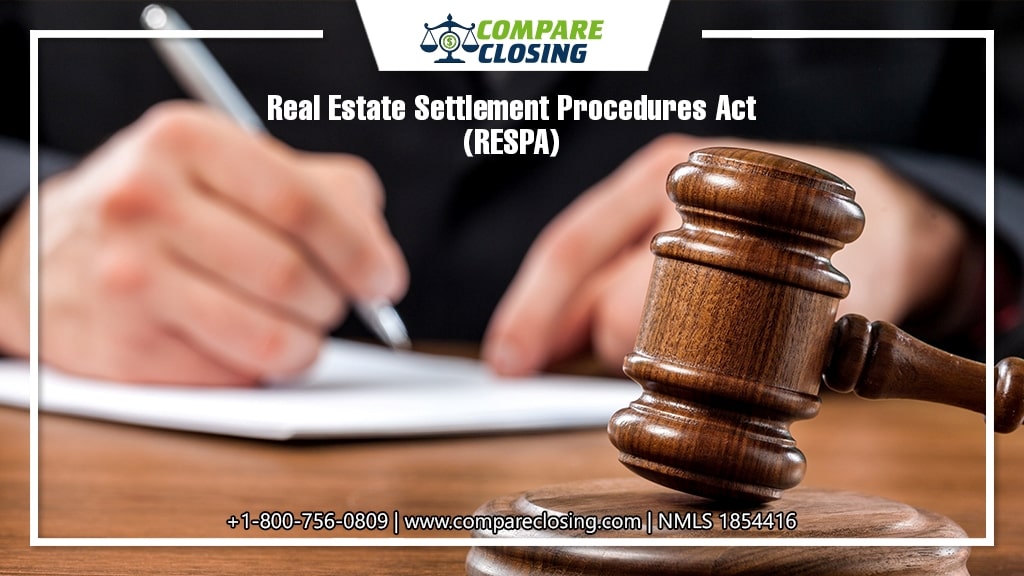RESPA which stands for Real Estate Settlement Procedures Act was a bill initiated by congress in 1974 and was enacted on June 20, 1975.
Till 2011 this law was under the jurisdiction of Housing and Urban Development (HUD), however, after 2011 Consumer Finance Protection Bureau (CFPB) was given the responsibility to enforce rules and regulations for the RESPA act.
The act states that the lender has to disclose the closing or settlement cost to the borrowers three days before closing on the mortgage.
The act also prohibits any kickbacks from the service providers. It also puts control over how much money can be collected in escrow funds, regulates affiliated business arrangements, and protects on use of specific title insurance companies, and other documents that are required to be sent to the borrowers.





